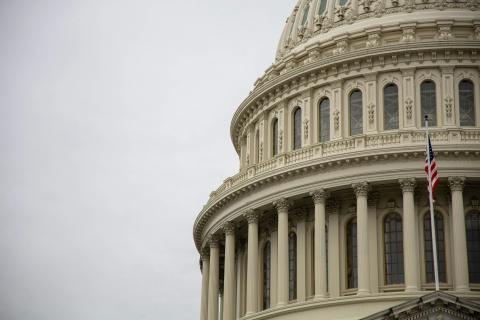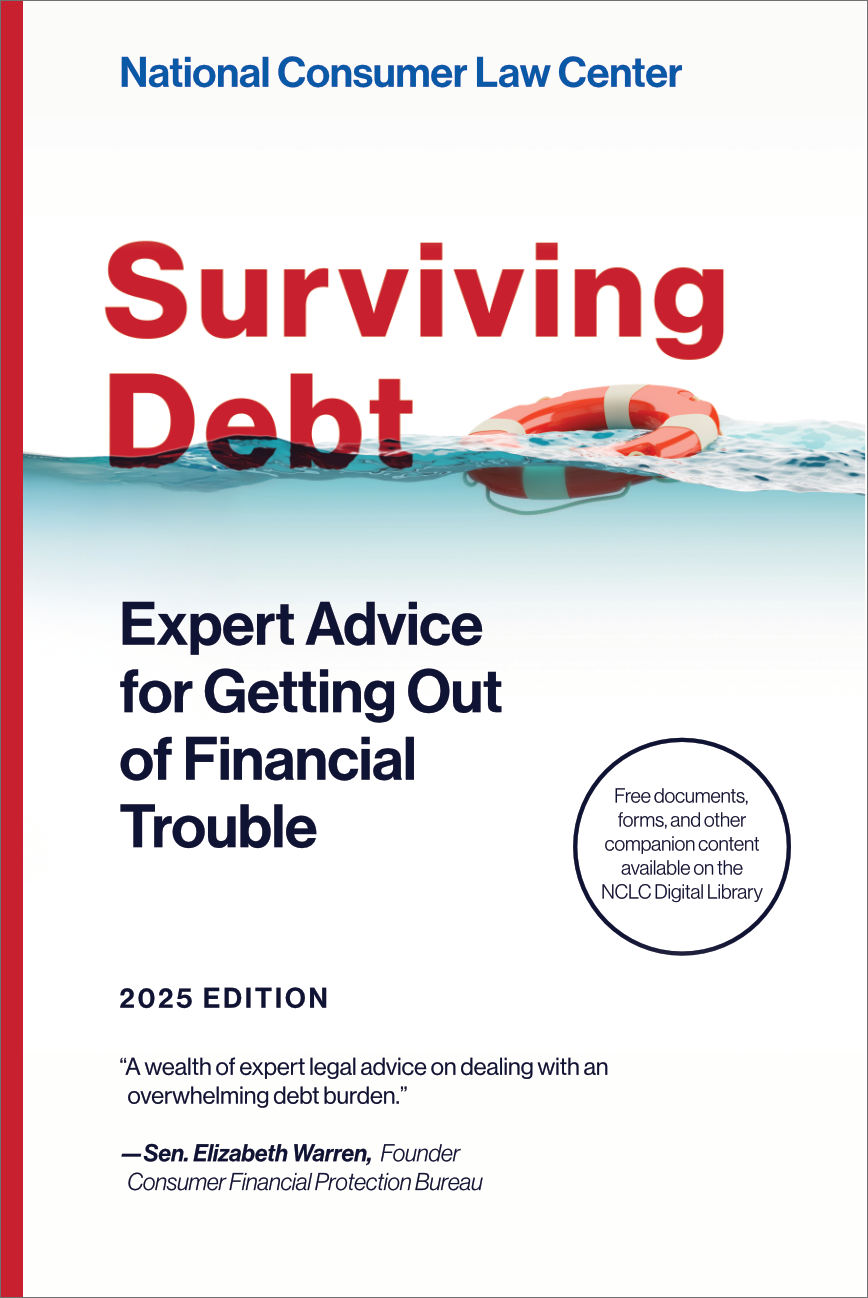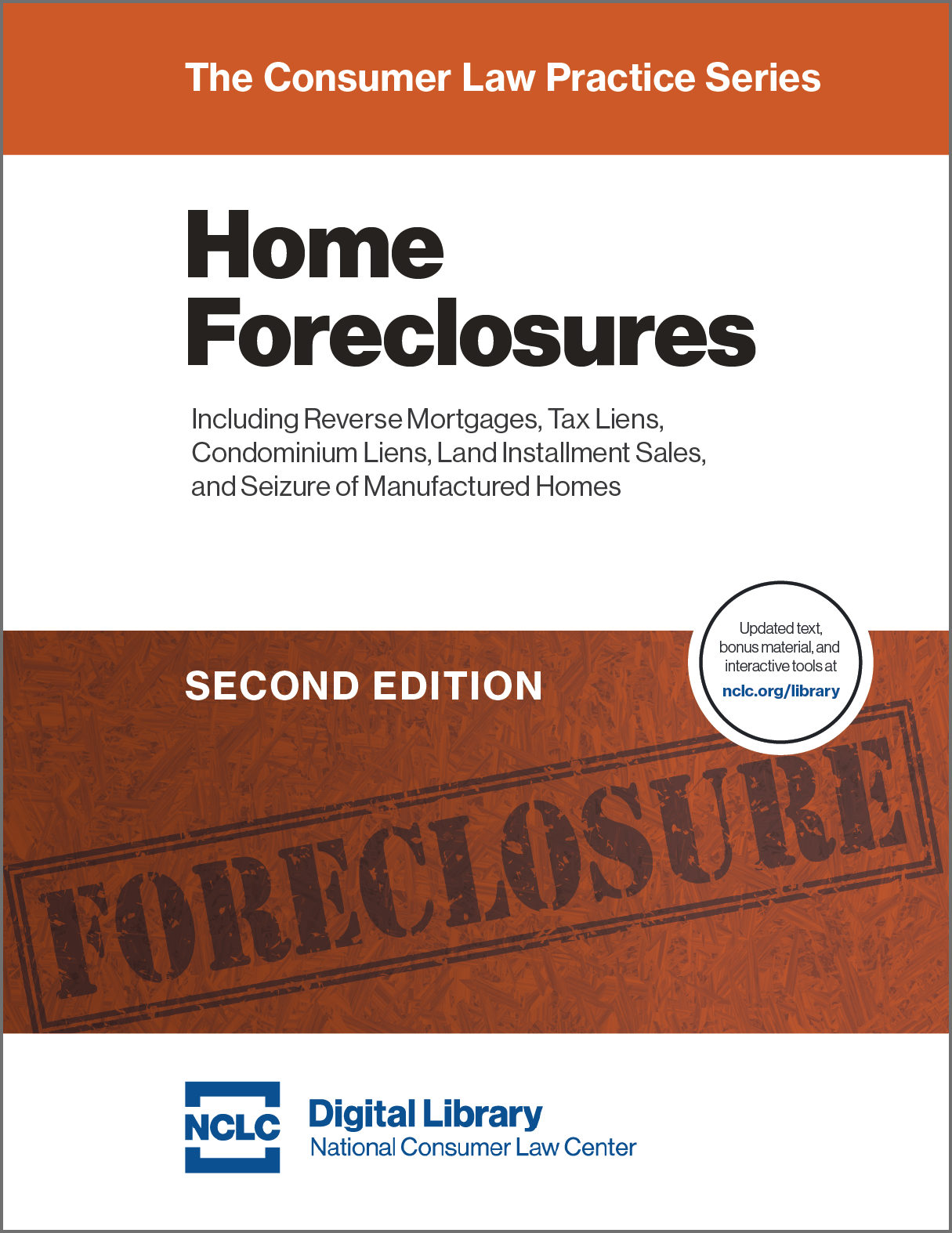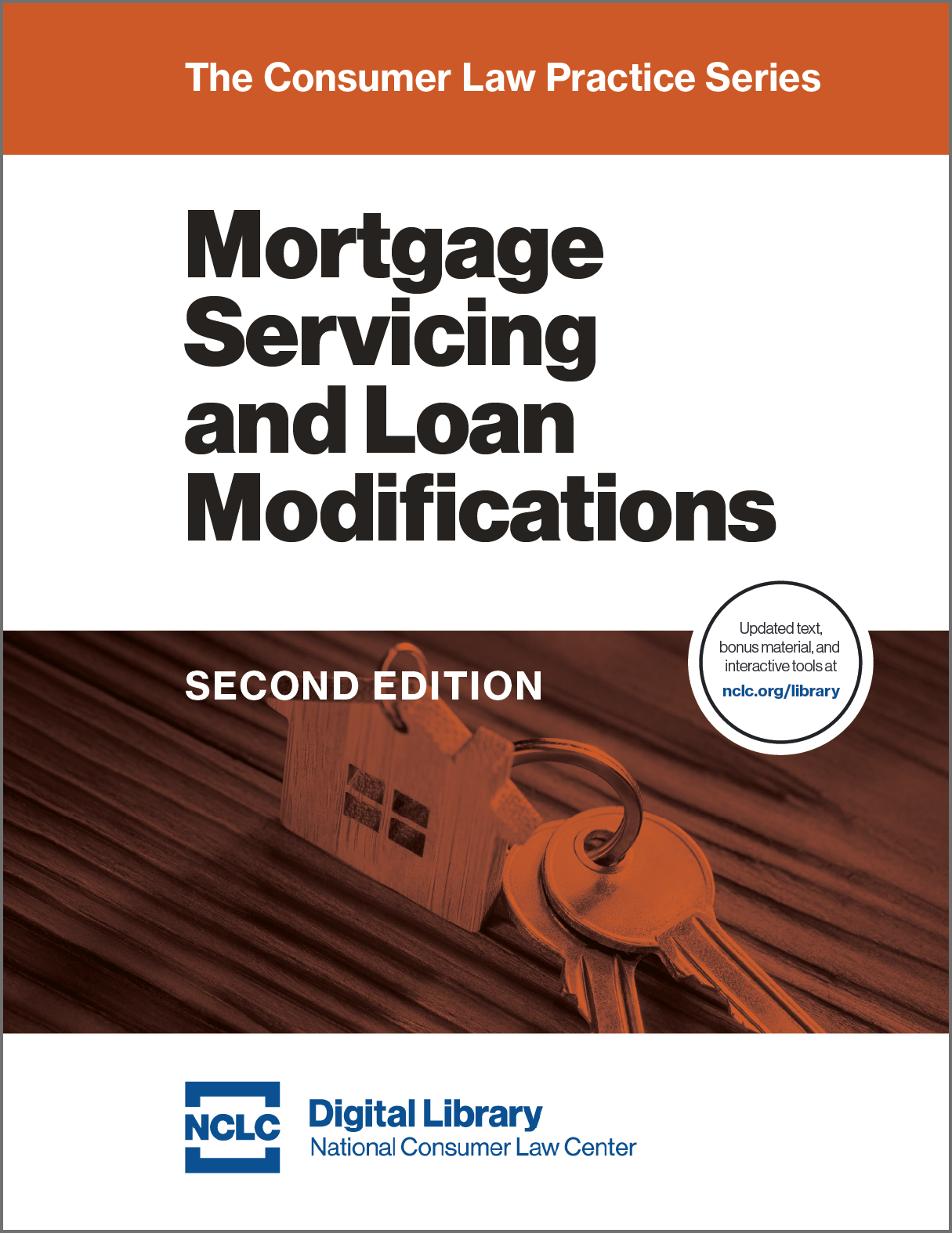Search
FDCPA Implications of May 15 Supreme Court Ruling on Abusive Bankruptcy Proof of Claims
Manufactured Home Creditors’ Unique Exposure to Consumer Claims
This article examines nine ways that manufactured home creditors face unique legal exposure to consumer claims and remedies, including recent developments that may increase such creditor liability. Examples are a federal ban on arbitration clauses in manufactured home credit, special statutes making manufactured home creditors liable for warranty violations, statutory damages of tens of thousands of dollars for UCC Article 9 violations, and more.
Supreme Court Issues Expansive Ruling on Personal Jurisdiction
A favorable March 25, 2021, Supreme Court ruling allows consumers to bring claims in their home state against out-of-state companies, even where the companies had no contact with the consumer in the consumer’s state of residence. This article explains the Court’s holding and then suggests nine types of cases where the ruling can help advance consumer litigation.
Consumer Law Implications of the American Recovery Plan Act
This article examines the consumer law implications of the March 11, 2021, American Rescue Plan Act: how to protect stimulus payments from garnishment and a bankruptcy trustee; student loan forgiveness being no longer taxable; relief for utility arrearages and payments; help for homeowners and renters; and help with broadband and water bills.
Consumer Law Rights Taking Effect or Extended into 2021
In 2021 many significant consumer law changes will be effective and a number of programs that were to expire have been extended. This article sets out those changes and extensions that are scheduled as of January 1, 2021, including changes effective from December 1, 2020 through January 1, 2022.
Limits on Collection of Time-Barred Debt and the New FDCPA Rules
New rules interpreting the Fair Debt Collection Practices Act that go into effect November 30, 2021, are a good reason to review existing law as to suits and collection contacts concerning time-barred debt. This article discusses those aspects of the new rules related to time-barred debt and also provides an overview of existing law in the area.
What Practitioners Need to Know About New Bankruptcy Rules, Effective December 1
Major Consumer Protections Announced in Response to COVID-19
Now Available: Unfair and Deceptive Acts and Practices, Tenth Edition
Unfair and Deceptive Acts and Practices (10th ed. 2021) (1,056 pp.) is now available in both print and digital format on the NCLC Digital Library. This is an essential revision of the most important consumer law statute in all 50 states, adding thousands of new federal and state cases since the last edition. Learn more and read Chapter One for free here.
Image

New Consumer Law Rights Taking Effect in 2024
This article lists new federal consumer laws going into effect in 2024, including new student loan regulations, a new FTC rule on motor vehicles, a new FCC order on robocalls, and multiple changes concerning consumer bankruptcy. Also included are important state law changes in over 20 states, including California, Colorado, Massachusetts, Minnesota, New York, and Pennsylvania.
Image

Beloved Federal Practice Manual Now Free on NCLC Digital Library
An advance FREE version of the much-beloved federal practice manual geared for legal aid and public interest attorneys is now available on the NCLC Digital Library. NCLEJ with contributions from 29 federal court litigators has just updated and revised the Shriver Center’s classic version. This article explains the manual’s free access and describes its content and digital tools.
Supreme Court Supports Equitable Tolling to Extend Legal Deadlines
This article examines an April 21, 2022, Supreme Court decision with important application to the equitable tolling of limitations periods found in federal consumer statutes. The article explains when equitable tolling should be available, lists actions justifying equitable tolling, and considers other approaches to extending limitations periods, including the fraud discovery rule.
Emotional Distress Damages After Latest Supreme Court Decision
This article explains why an April 28, 2022, Supreme Court ruling concerning the unavailability of emotional distress damages applies only to four federal discrimination statutes, links to practice tips when otherwise seeking emotional distress damages, and considers whether emotional distress alone is sufficient for federal court constitutional standing.
Impact of Supreme Court’s “Major Question Doctrine” on Consumer Litigation
The Supreme Court’s June 30 decision in West Virginia v. EPA is significant in its application of the “major question doctrine” to agency rulemaking, and consumer lawyers can expect to see this doctrine raised as a defense in their cases. This article explains the doctrine, why it is inapplicable to almost all consumer litigation, and provides five tips to show that it is inapplicable.
Image

New Consumer Law Rights Taking Effect in 2023
This article lists new federal and state consumer law rights going into effect from Nov. 17, 2022, through Dec. 31, 2023. Highlights include: extensive rights for student loan borrowers; protections concerning medical debt, collection lawsuits, robocalls, reverse mortgages and privacy; increased homestead, property, and wage garnishment exemptions; interest rate caps; bankruptcy practice changes; and 14 new California laws.
Now Available on the Digital Library: Consumer Bankruptcy Law and Practice, 13th Edition
The definitive consumer bankruptcy treatise is updated with new case law, an amendment increasing chapter 13 debt limits, new 2022 Bankruptcy Code dollar amounts, the new initial forms, rules effective December 1, 2021, and updated means test data. Learn more and read Chapter One here.
Supreme Court: Class & Federal Claims Can Stay in State Court
A Supreme Court May 28 ruling supports the right of consumers sued in state court to avoid removal to federal court when they bring class or federal claims in that state court action, even against third parties. As examined in this article, the ruling gives consumers some control over the decision whether to litigate in state or federal court.
Consumer Law Rights Taking Effect In 2022
In 2022 significant new federal and state consumer law rights will be effective, and other rights are set to expire or have been extended. This article sets out, as of January 1, 2022, the effective dates for all of these changes, including changes effective from November 30, 2021 through January 1, 2023.
Defenses to Collection of Rental Debt
This article provides tenant tactics to deal with rental debt: responding to negative tenant screening reports that prevent access to new housing; challenging the rental amount claimed as due; other defenses to rental debt collection lawsuits and eight ways for the tenant to recover attorney fees in that litigation; tenant rights after a court judgment for the landlord; and tenants’ affirmative litigation for the collector’s litigation abuse.
Image

New Consumer Law Rights Taking Effect in 2025
This article lists federal and state consumer law rights scheduled to go into effect or expire from December 1, 2024, through January 1, 2026. Of special note are 11 FCC, CFPB, FTC, and bankruptcy rules with a 2025 effective date, as well as medical debt and mortgage loan developments. California alone will see 17 new consumer statutes, and law changes are noted in 30 other states.
Image

75 Ways to Challenge an Arbitration Requirement
NCLC's new Arbitration Practice Checklist is a free tool that lists 75 ways to defeat an arbitration requirement. A new NCLC Digital Library article aggregates highlights from the new checklist. The article explains 12 lesser-known ways to defeat an arbitration requirement, 12 challenges that apply more often than expected, and the three biggest errors in challenging an arbitration requirement. Links are provided to this and ten other free practice checklists from NCLC.


